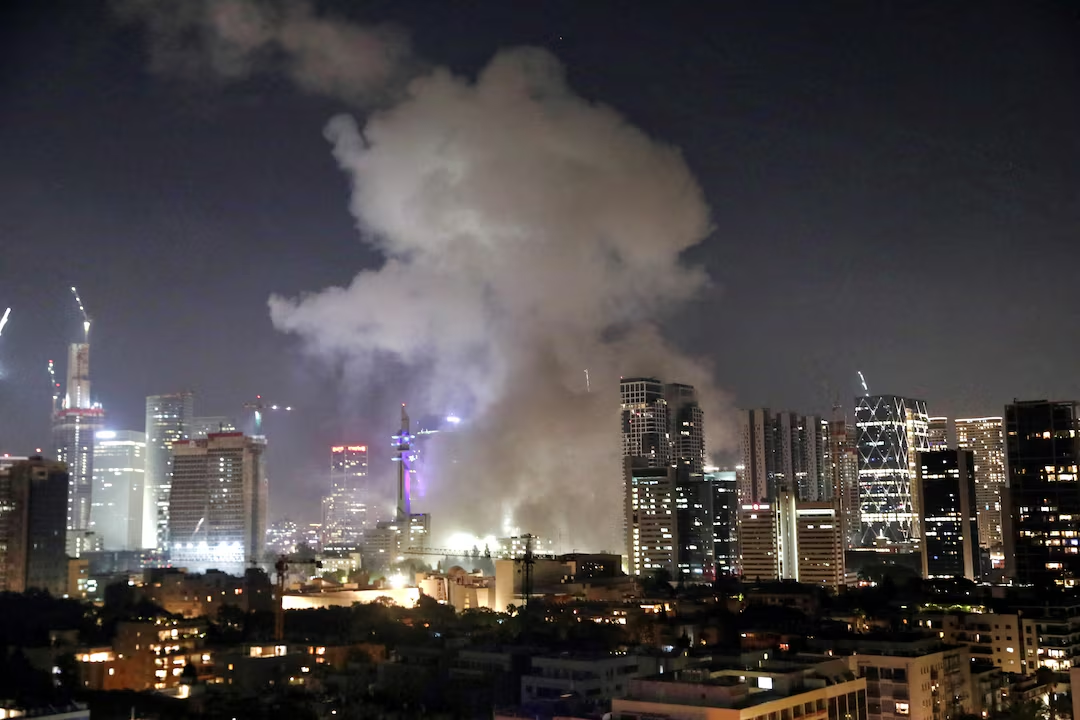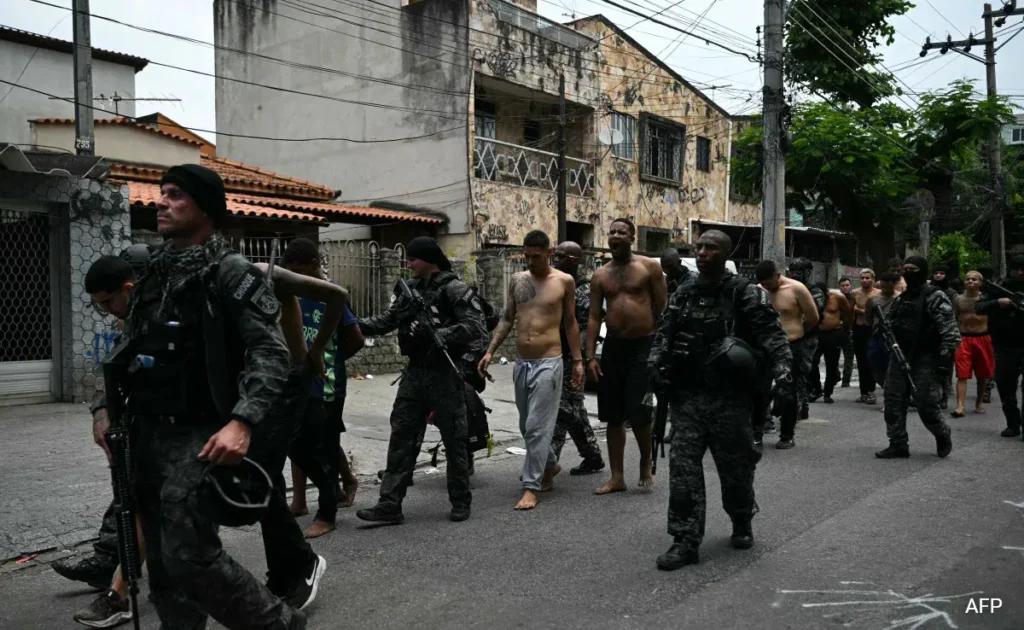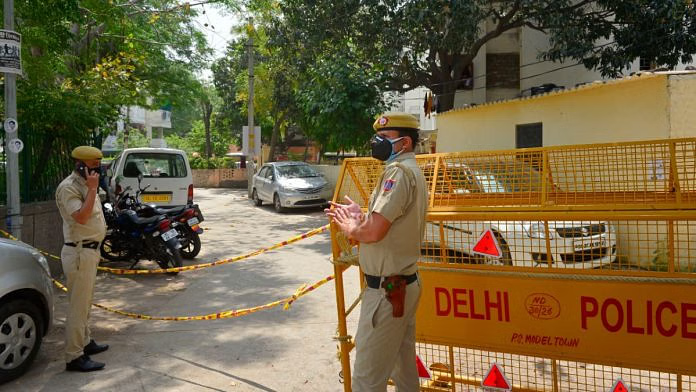Now Reading: Missile Exchanges Escalate Between Israel and Iran, Raising Fears of Wider Middle East Conflict
-
01
Missile Exchanges Escalate Between Israel and Iran, Raising Fears of Wider Middle East Conflict
Missile Exchanges Escalate Between Israel and Iran, Raising Fears of Wider Middle East Conflict

Tensions in the Middle East have flared up again, with Israel and Iran engaging in back-and-forth missile strikes that have raised alarms across the globe. As explosions light up the skies over key regions, experts warn that the situation is dangerously close to spiraling into a broader conflict, affecting not just the countries involved but also global economic and political stability.
What’s Happening on the Ground
In the past few days, multiple missile attacks have been reported between Israel and Iran. Israel struck several locations allegedly tied to Iran’s military operations, while Iran responded with its own barrage aimed at Israeli assets. The situation is being closely monitored by international powers.
While casualties have been reported on both sides, exact numbers remain unclear due to restricted access and ongoing operations.
Air Defense Systems Under Strain
Both countries have deployed advanced air defense systems to intercept incoming threats. Israel’s Iron Dome and Iran’s local missile shields have been actively used, with varying success rates. In several areas, falling debris from intercepted missiles has caused property damage and local panic.
The skies over cities like Tel Aviv and Tehran have seen heightened aerial activity, with sirens, alerts, and shelter protocols being activated frequently.
Global Powers Urge Restraint
The United States, Russia, and European nations have called for de-escalation. However, neither Israel nor Iran has shown signs of stepping back. Instead, both governments have issued strong public statements vowing to protect their sovereignty.
United Nations officials have expressed concern over the potential humanitarian fallout if the conflict widens further, especially into neighboring nations like Syria, Lebanon, and Iraq.
Why This Matters to India
India, which has strong diplomatic and trade ties with both Israel and Iran, is watching the situation closely. Many Tier 2 cities like Indore, Vadodara, and Kochi have families with members working in Gulf countries, and any escalation could directly impact their safety and employment.
Additionally, rising oil prices due to conflict-driven supply risks could lead to higher fuel costs in India, putting pressure on transport and household budgets.
Oil Prices and Economic Impact
Crude oil prices have already shown signs of volatility due to the uncertainty. As India imports a large portion of its energy needs, any disruption in supply or increase in global rates could hit small businesses, transport services, and everyday consumers—especially in smaller cities and towns.
This adds urgency to India’s call for peace and stability in the region.
Risk of Regional War
What began as limited strikes now carries the risk of drawing in other regional actors. Armed groups aligned with both sides, such as Hezbollah in Lebanon and militias in Syria and Iraq, could take sides, further intensifying the situation.
Analysts fear that without immediate diplomatic engagement, the region could see the most serious military confrontation in years.
Conclusion
The escalating missile exchanges between Israel and Iran have put the Middle East on high alert and triggered global anxiety. For India and its citizens, especially those with economic or family ties to the Gulf region, the developments are a cause for serious concern. As global leaders push for calm, the coming days will be critical in deciding whether the region steps back from the brink—or plunges deeper into conflict.

























